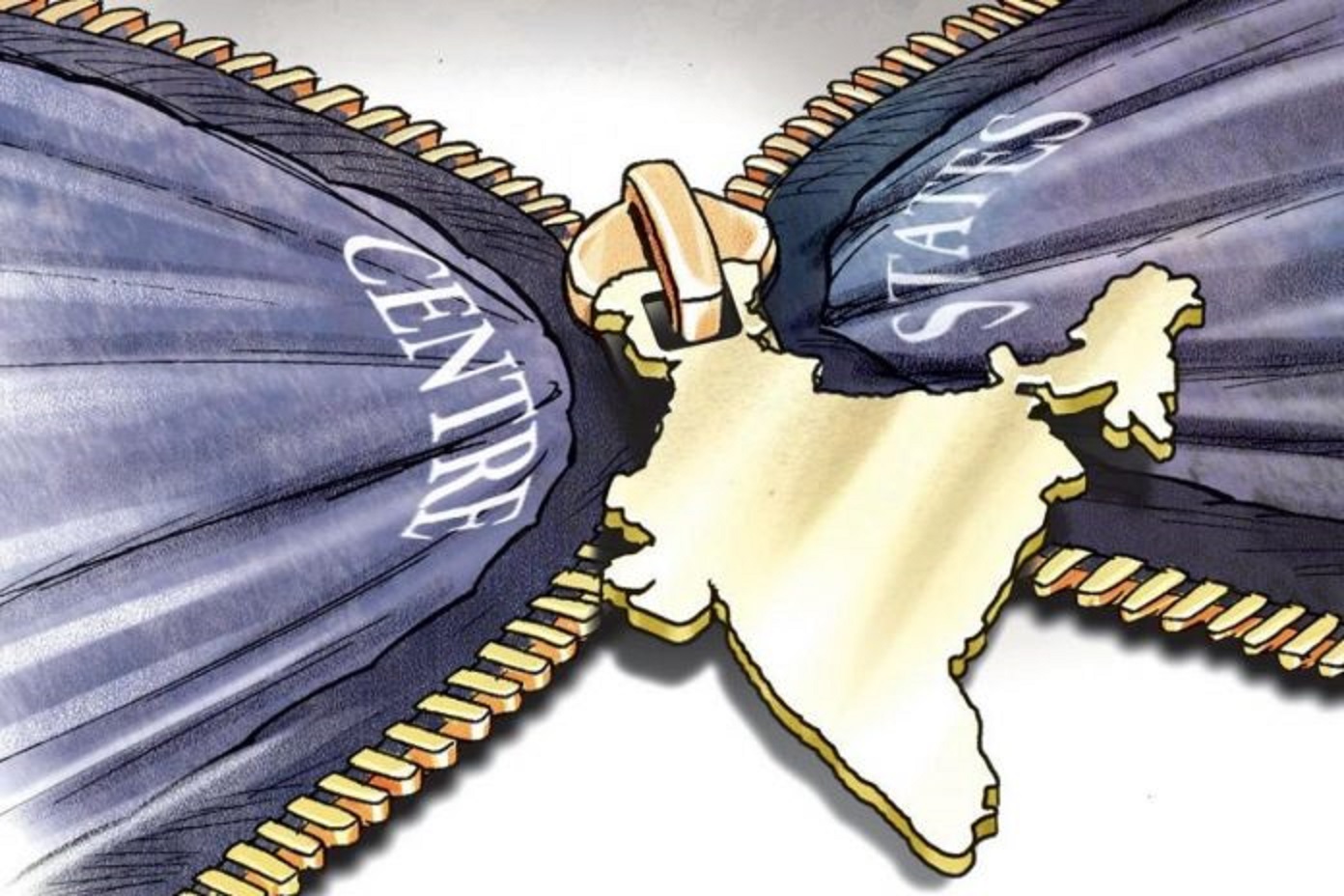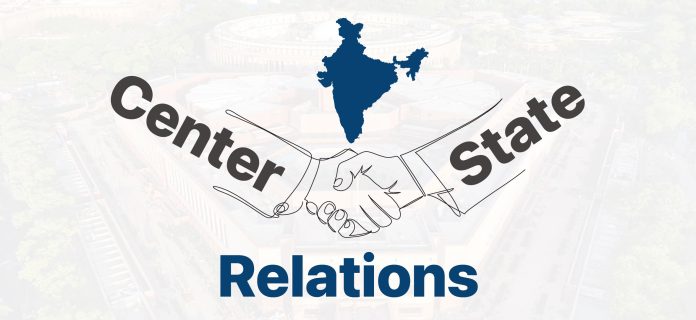- There is a popular feeling within the country that the political parties have completely polarized the people on communal versus secular lines. It’s largely true. Add to it, the labyrinthine caste equations that characterize the Indian political firmament only further muddies the already unfathomable waters. No wonder, even the countrymen are quite aware of how the political class simply goes about milking this sensitive issue for parochial considerations to consolidate assiduously built vote banks. Perception suggests the BJP-led NDA represents the communal alliance, and the Congress-led UPA the secular front.

PC: iPleaders
- Moreover, adding several regional parties to the conundrum only exacerbates the tricky political situation prevalent. As we have witnessed in the last few decades, the Centre-State relationship is not very conducive at the best of times, forget about anything resembling cordial or harmonious. Unfortunately, this has been the situation if the political party at the Centre is different from that of the states. The discontent between the Centre and State has become more pronounced of late owing to different political parties at the helm, further exacerbating the already disharmonious relationship.
- The situation has reached such a point of no return that some of the state governments are approaching the Supreme Court to file complaints against the Union Government. As reported, Kerala and Karnataka are the two states that have approached the Apex Court. Note that Kerala challenged the President’s action to withhold assent to four bills cleared by the legislature after the state’s governor referred it to her. The President is guided by the Union Government’s advice. Separately, Karnataka filed a writ petition alleging that the state has been denied assistance under drought management rules.

PC: iPleaders
- Relations between the Union Government and opposition-administered states have been rocky. But these two cases take us into dangerous territory. The Constitution places the Centre above states and gives it special powers such as deciding state borrowing limits. But states are, by constitutional design, integral to governance. They have authority over fundamental governance functions such as the provision of law and order. For the uninitiated, the legislative powers between the two levels of government are divided based on a union list, a state list, and a concurrent list, where power is exercised jointly. Since the mid-1950s, there’s been creeping centralization.
- Union and concurrent lists have expanded through constitutional amendments, while the state list has shrunk. Now, in a political environment marked by distrust, this is a source of Centre-state conflict. One area where the conflict plays out prominently is in the share of revenue. The finance commission plays a role in finding a balance between resources and expenditures of the two levels of govt. Recent face-offs have been about whether GOI is following the spirit of FC recommendations. Sadly, the political channels of resolution have broken down. Ideally speaking, these matters shouldn’t go to court. That they do shows the failure of politics. The political class should address this anomaly.






